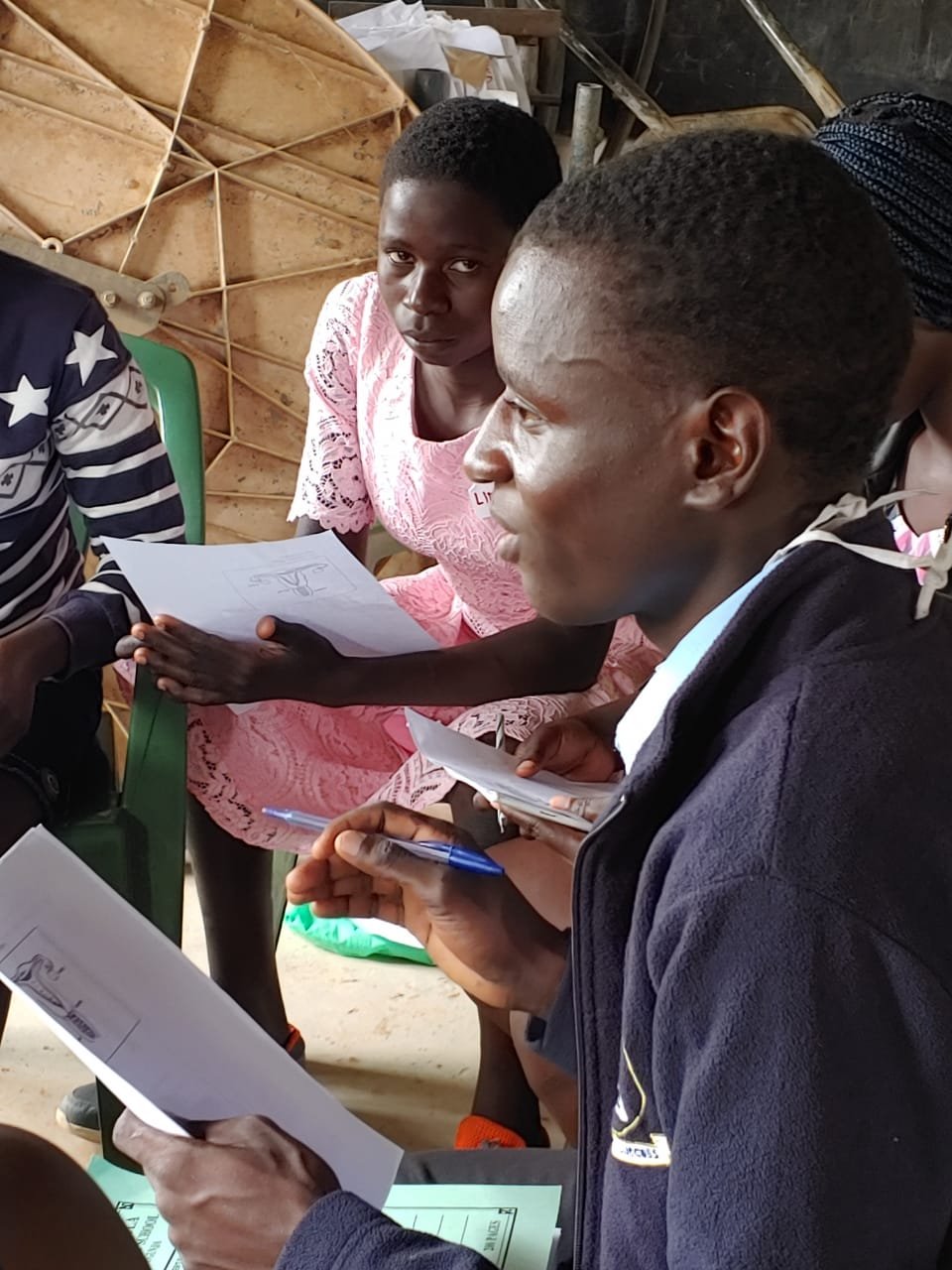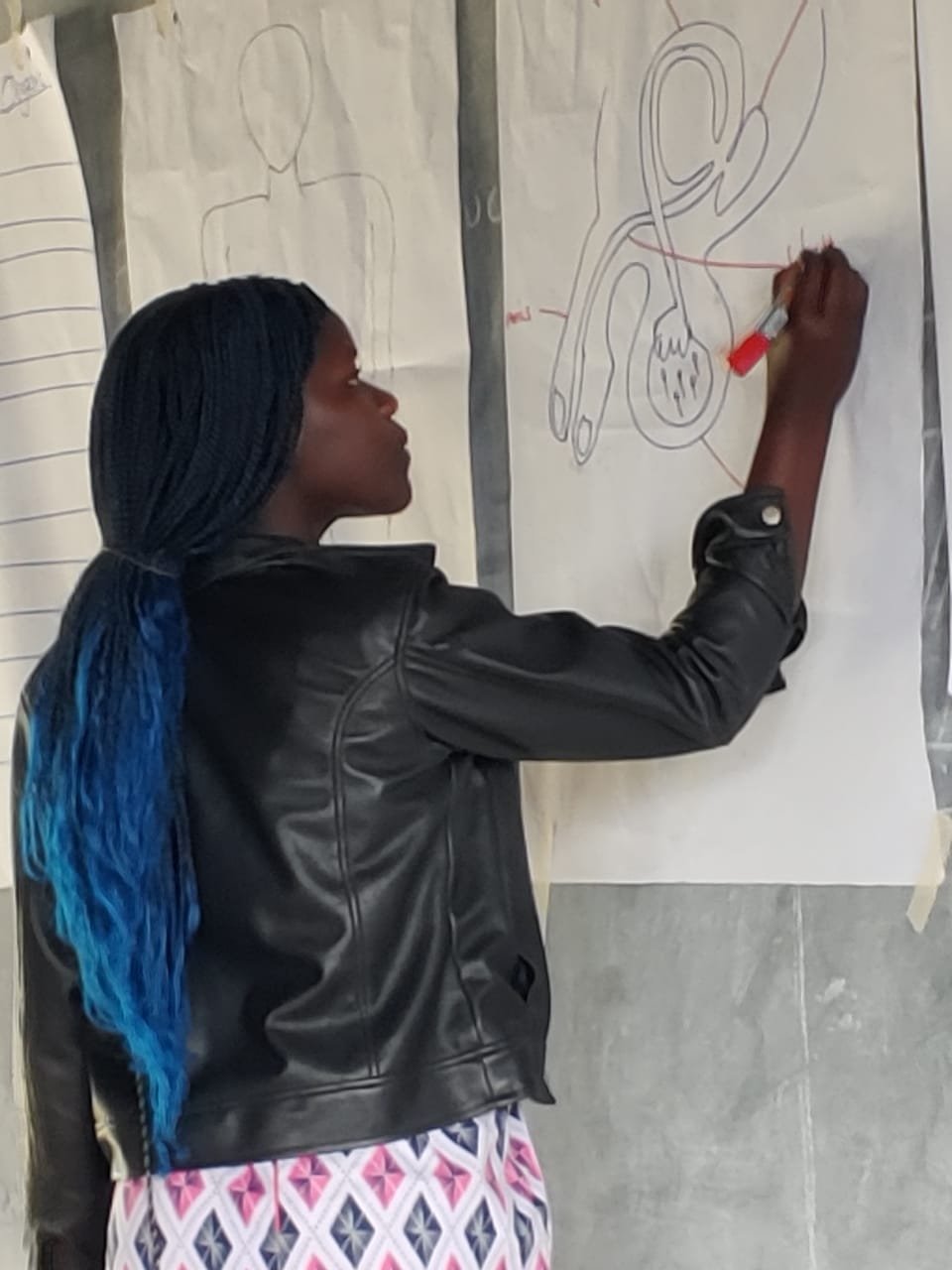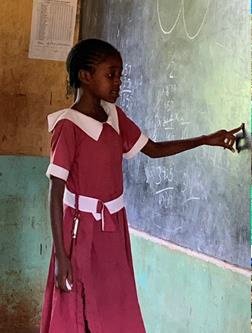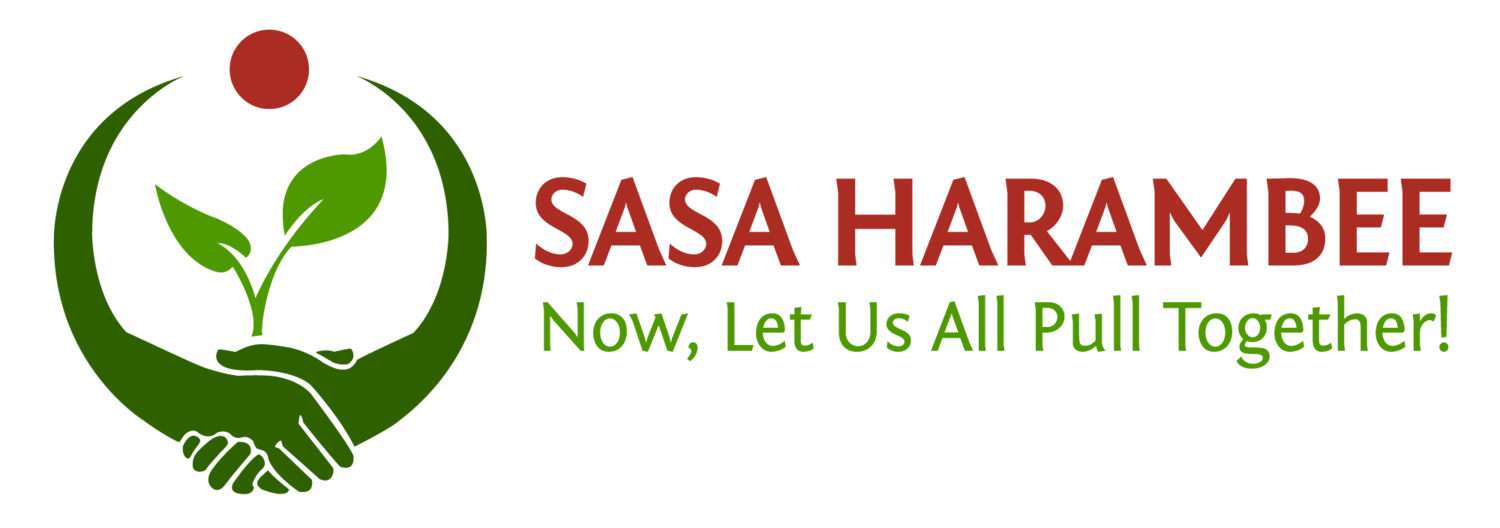Some additional resources related to our work:
Notes on Factfullness and Dollar Street
Why is Sasa Harambee using Factfullness and Dollar Street to measure the real progress of the economic development of subsistence small landholders in the SOAP (Sigomre Organic Agriculture Project) program? The answer is simple: Subsistence farmers primarily use barter as a means of exchange. Of course, according to the World Bank, they do live on less than $1.87 USD a day. Much less, they may only occasionally see kshillings and the ones that do come into their lives are mighty precious. So how does SOAP measure change in livelihood and lifestyle? The work of Factfullness (gapminder.org) by Hans Rosling, Ola Rosling and Anna Rosling Ronnlund, and Dollar Street graphics help us to compare the real everyday lives of different levels of wealth. Dollar Street makes the differences not just numbers but real.
Rosling criticizes the notion of dividing the world into the "developed world" and the "developing world" by calling it an outdated view. He shows that today most countries are "developed" and the others are not how developing countries were when the term became popular. Instead, he offers a four-category model based on income per person (adjusted for price differences):
To help build a more accurate view of how people live and how their lives change as they get more money, we prefer to divide the world into four income levels.
Level 1 is made up of people who earn less than $2 a day and live in extreme poverty.
At Level 2, people earn between $2 and $8 a day. Almost half the world’s population lives at this income level.
Level 3 comprises people who live between $8 – $32 per day.
The wealthiest billion people on earth live at Level 4, where their income is more than $32 a day
He says that the majority of the countries in the world are on Level 2 or Level 3. A select few countries are on Level 1 and Level 4.
61% of SOAP farmers are on level 1. Sixty-two (62) of those farmers are women and 16 are men. View the TED talk video below for more explanation and then look at the results of our baseline study
Factfulness 2023 in Sigomre Ward, Ugunja Sub-county, Siaya Kenya
See how the rest of the world lives, organized by income - Anna Rosling Rönnlund
SCHOOL HEALTH CLUB PROJECT by UDI
UDI PROJECT OVERSIGHT PROGRESS REVIEW QUARTER 1 REPORT
Ugunja Development Initiative is implementing a school health club pilot project in twenty-two schools of Ugunja Sub County. The project aims at empowering the adolescents and youth to make informed decisions and build their leadership capacities. The project runs from one Year beginning June 2021 to May 2022. Therefore, ……. READ MORE
SCHOOL HEALTH CLUB PROJECT SUMMARY.
Ugunja Development Initiative (UDI) is a youth-led community based organization currently implementing a school health club pilot project in twenty-two schools of Ugunja sub county with an aim of empowering adolescents and youths towards making informed decisions and building their leadership capacities through funding and partnership with Rotary International, Sasa Harambee & ……… READ MORE



Training in session
UGUNJA DEVELOPMENT INITIATIVE 2023 ANNUAL SCHOOL HEALTH CLUB PROJECT REPORT.
Ugunja Development Initiative is a youth-led Community-Based Organization aiming at working with vulnerable communities of youth through capacity strengthening and exploiting opportunities. During the year 2023, Ugunja Development Initiative implemented seven school health club sessions, three community based sessions of youth age 14-23 and missed two months’ sessions. The project aimed at ……READ MORE





